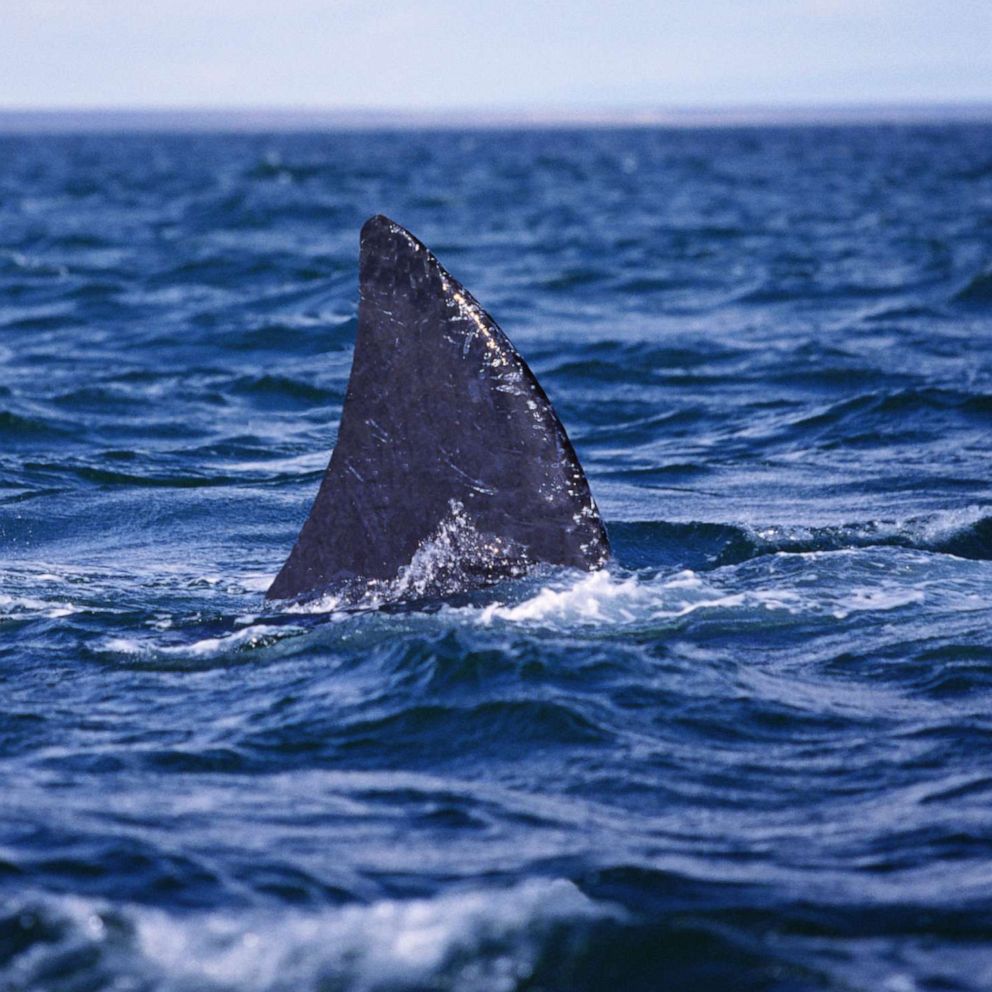New Pope May Face Latin America Issues
MEXICO CITY, April 18, 2005 — -- Whoever becomes the next pope might want to pay a visit to the Diocese of Chalco on the outskirts of the Mexican capital.
With nearly half of the world's 1 billion Catholics living in Latin America, Vatican-watchers are speculating the region could produce the next pope.
But in the Mexico City diocese, the Catholic Church actually is losing ground. There are only 52 priests there for 2.5 million Catholics. Celibacy and the ban on marriage make it hard to attract new priests.
"Yes, it's a problem," said Luis Flores Calzada, the bishop of Chalco, speaking in Spanish. "We need more priests."
It is a very different story at La Comunidad Cristiana Filadelfia, a Protestant evangelical church with 42 branches across Mexico.
There is no elegant stained glass at one of the sect's Mexico City churches. La Comunidad Cristiana Filadelfia can't possibly match the magnificence of all those Catholic churches found in practically every town and village throughout Latin America.
But the evangelicals can offer something the Catholics cannot: There are five full-time pastors at the Mexico City church for a congregation of 1,000.
"I turned to my Catholic priest for help, and all he said was pray, pray," Juana Menendez Reyes said through a translator. "But I could not feed my children. I heard about this church and the pastor immediately came over to help."
Evangelical churches are said to respond better to the daily needs of the poor, and to be more flexible. In La Comunidad Cristiana Filadelfia, clergy can marry and birth control is encouraged.
The Catholic Church once had a near monopoly in Latin America. But today in many countries, 10 percent to 30 percent of people now call themselves evangelical. When the churchgoers at La Comunidad Cristiana Filadelfia recently were asked by ABC News how many of them used to be Catholics, a large majority raised their hands.
"If the church doesn't acknowledge the reality in Latin America, it won't have any good chances to survive," said Monica Uribe, a professor at Ibero Americana University.
ABC News' Jeffrey Kofman originally reported this story April 16, 2005, on "World News Tonight."




